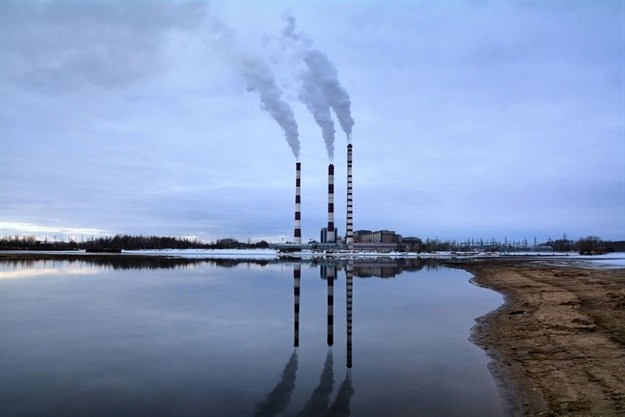
Top stories


Marketing & MediaAds are coming to AI. Does that really have to be such a bad thing?
Ilayaraja Subramanian 5 hours




More news
















Public hearings on the draft Carbon Tax Bill were held in Parliament on Wednesday, 14 March 2018, by the finance and environmental affairs committees.
Opposition to the proposed tax was expressed by energy and chemical company Sasol, which did not believe it was the correct approach and warned of the regulatory and policy uncertainty surrounding the proposals because they would be adjusted in future.
Eskom acting-chief financial officer Calib Cassim argued that a carbon tax was not required for SA to meet its international commitments and would result in a sharp increase in electricity tariffs from 2023.
Business Unity SA said the bill should be halted until an integrated mitigation system had been finalised.
The Treasury estimates that the introduction of the carbon tax will result in a decrease in greenhouse gas emissions of between 13% and 14.5% by 2025 and between 26% and 33% by 2035 compared with business as usual. The headline carbon tax proposed is R120 a tonne of CO2 emissions above the tax-free thresholds.
Taking into account the allowances, this would imply an initial effective carbon tax range from R6 to R48 a tonne of CO2.
Deloitte managing partner for tax and legal Nazrien Kader said electricity generation was responsible for 43% of SA's greenhouse gas emissions. Agriculture and waste were responsible for 10% and 4%, respectively, but would be excluded from the tax, so only 43% of emissions would be subject to the tax.
The industry task team on climate change, which represents carbon- and energyintensive companies, said it was in favour of a "predictable and gradual transition" to a lowercarbon economy but did not support the envisaged tax.
Task-team representative Jarredine Morris argued that a carbon tax was not suitable in the economic context.
Existing policy instruments, such as the carbon budget regime of the Department of Environmental Affairs, the Integrated Resource Plan and the industrial policy action plan of the Department of Trade and Industry would achieve a lowcarbon, resource-efficient outcome, she said.
Electricity consumption had contracted, especially in mining and industry, and there were other interventions to increase the supply of low-carbon electricity.
"The carbon tax will have no material impact on reducing carbon emissions from the electricity generation sector. Furthermore, the proposed tax is administratively and practically enormously costly and onerous," Morris said.
Sasol vice-president for group regulatory services Johan Thyse submitted that a carbon tax could not address the structural issues at the heart of SA's greenhouse gas intensity, which included the lack of lower-carbon energy alternatives.
Source: Business Day

For more than two decades, I-Net Bridge has been one of South Africa’s preferred electronic providers of innovative solutions, data of the highest calibre, reliable platforms and excellent supporting systems. Our products include workstations, web applications and data feeds packaged with in-depth news and powerful analytical tools empowering clients to make meaningful decisions.
We pride ourselves on our wide variety of in-house skills, encompassing multiple platforms and applications. These skills enable us to not only function as a first class facility, but also design, implement and support all our client needs at a level that confirms I-Net Bridge a leader in its field.
Go to: http://www.inet.co.za